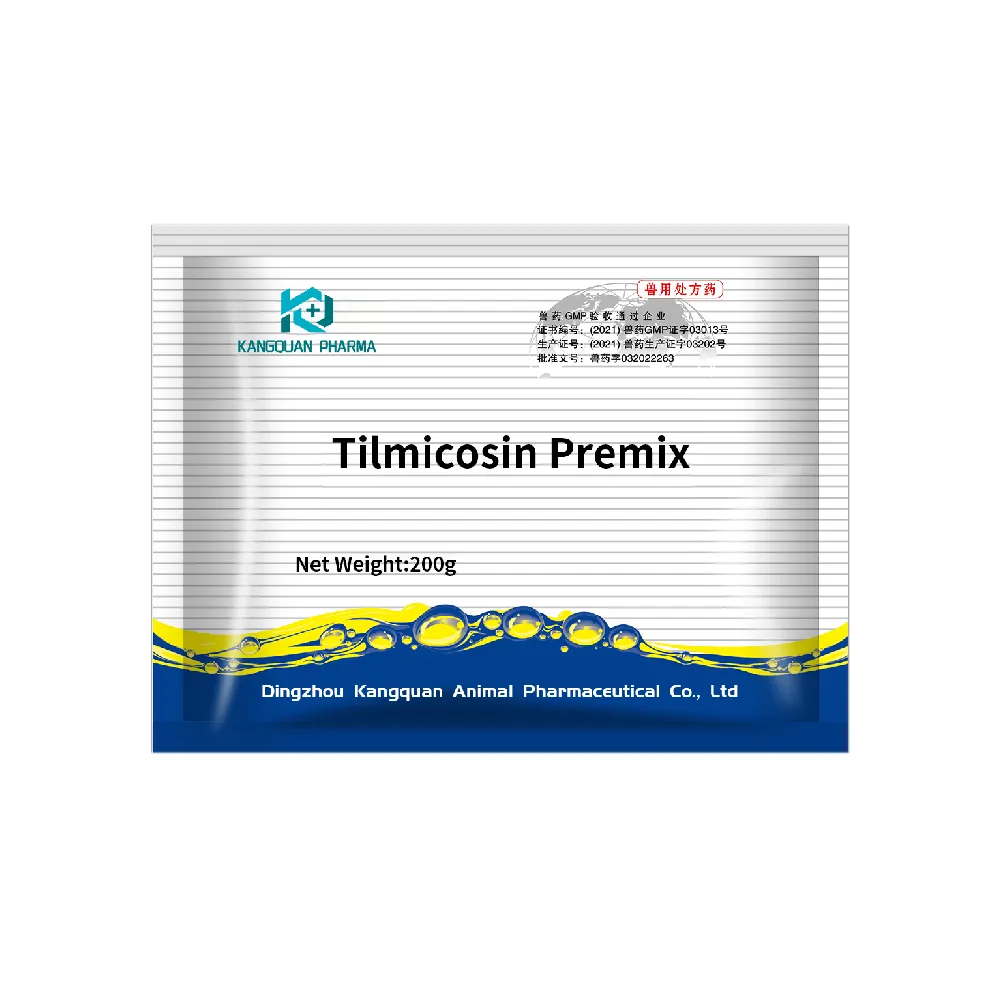- Afrikaans
- Albanian
- Amharic
- Arabic
- Armenian
- Azerbaijani
- Basque
- Belarusian
- Bengali
- Bosnian
- Bulgarian
- Catalan
- Cebuano
- Corsican
- Croatian
- Czech
- Danish
- Dutch
- English
- Esperanto
- Estonian
- Finnish
- French
- Frisian
- Galician
- Georgian
- German
- Greek
- Gujarati
- Haitian Creole
- hausa
- hawaiian
- Hebrew
- Hindi
- Miao
- Hungarian
- Icelandic
- igbo
- Indonesian
- irish
- Italian
- Japanese
- Javanese
- Kannada
- kazakh
- Khmer
- Rwandese
- Korean
- Kurdish
- Kyrgyz
- Lao
- Latin
- Latvian
- Lithuanian
- Luxembourgish
- Macedonian
- Malgashi
- Malay
- Malayalam
- Maltese
- Maori
- Marathi
- Mongolian
- Myanmar
- Nepali
- Norwegian
- Norwegian
- Occitan
- Pashto
- Persian
- Polish
- Portuguese
- Punjabi
- Romanian
- Russian
- Samoan
- Scottish Gaelic
- Serbian
- Sesotho
- Shona
- Sindhi
- Sinhala
- Slovak
- Slovenian
- Somali
- Spanish
- Sundanese
- Swahili
- Swedish
- Tagalog
- Tajik
- Tamil
- Tatar
- Telugu
- Thai
- Turkish
- Turkmen
- Ukrainian
- Urdu
- Uighur
- Uzbek
- Vietnamese
- Welsh
- Bantu
- Yiddish
- Yoruba
- Zulu
Sep . 25, 2024 02:18 Back to list
Effective Veterinary Disinfectants for Animal Health and Hygiene Maintenance
Veterinary Disinfectants Ensuring Animal Health and Welfare
In the realm of veterinary medicine, the importance of maintaining a clean and hygienic environment cannot be overstated. Veterinary disinfectants play a crucial role in preventing the spread of infectious diseases among animals, thereby safeguarding both animal and public health. These disinfectants are specially formulated chemicals designed to eliminate harmful pathogens including bacteria, viruses, fungi, and spores that can pose significant risks to animal health.
One of the primary considerations when selecting a veterinary disinfectant is its efficacy against a broad spectrum of pathogens. Different diseases are caused by various microorganisms, necessitating the use of disinfectants that are effective against specific threats. For instance, surfaces that come into contact with sick animals must be treated with disinfectants that can eradicate highly contagious agents like the Canine Parvovirus or Equine Influenza. Veterinary disinfectants are often tested against standard strains to determine their effectiveness, providing veterinary professionals with essential tools for disease management.
Moreover, the safety of both animals and humans is paramount when using disinfectants in a veterinary setting. Many traditional chemical disinfectants can be toxic or irritating to animal skin and respiratory systems. Therefore, a careful selection process is undertaken to ensure that the chosen products are safe for the specific species being treated. Additionally, it is essential that veterinary staff is trained in the proper use of these disinfectants to minimize any health risks during application.
veterinary disinfectants

The application of veterinary disinfectants extends beyond just cleaning surfaces. They are commonly used in various veterinary practices, including animal shelters, clinics, and farms, where controlling infectious diseases is a top priority. Regular disinfection routines, especially in high-traffic areas, can substantially reduce the risk of outbreaks. This is particularly critical in shelters where animals are often housed in close quarters, increasing the chance of disease transmission.
In recent years, there has been a growing interest in eco-friendly and biodegradable disinfectants. These alternatives not only reduce the environmental impact but also decrease the risk of developing resistant strains of pathogens. The use of natural disinfectants made from plant-based ingredients is gaining popularity, as they tend to be less harsh while still providing effective antimicrobial properties. This shift reflects a broader trend in veterinary medicine towards more sustainable practices.
Furthermore, alongside regular disinfection protocols, it is crucial to implement good husbandry practices, including proper sanitation, ventilation, and overall animal care. Together, these strategies create a holistic approach to infection control.
In conclusion, veterinary disinfectants are indispensable in ensuring the health and welfare of animals. By effectively controlling harmful pathogens, they protect not only the animals themselves but also the veterinarians and staff who care for them. The continued evolution of disinfectant options, particularly those that are safer and more environmentally friendly, promises to enhance our capacity to combat infectious diseases in the veterinary field.
-
Guide to Oxytetracycline Injection
NewsMar.27,2025
-
Guide to Colistin Sulphate
NewsMar.27,2025
-
Gentamicin Sulfate: Uses, Price, And Key Information
NewsMar.27,2025
-
Enrofloxacin Injection: Uses, Price, And Supplier Information
NewsMar.27,2025
-
Dexamethasone Sodium Phosphate Injection: Uses, Price, And Key Information
NewsMar.27,2025
-
Albendazole Tablet: Uses, Dosage, Cost, And Key Information
NewsMar.27,2025













